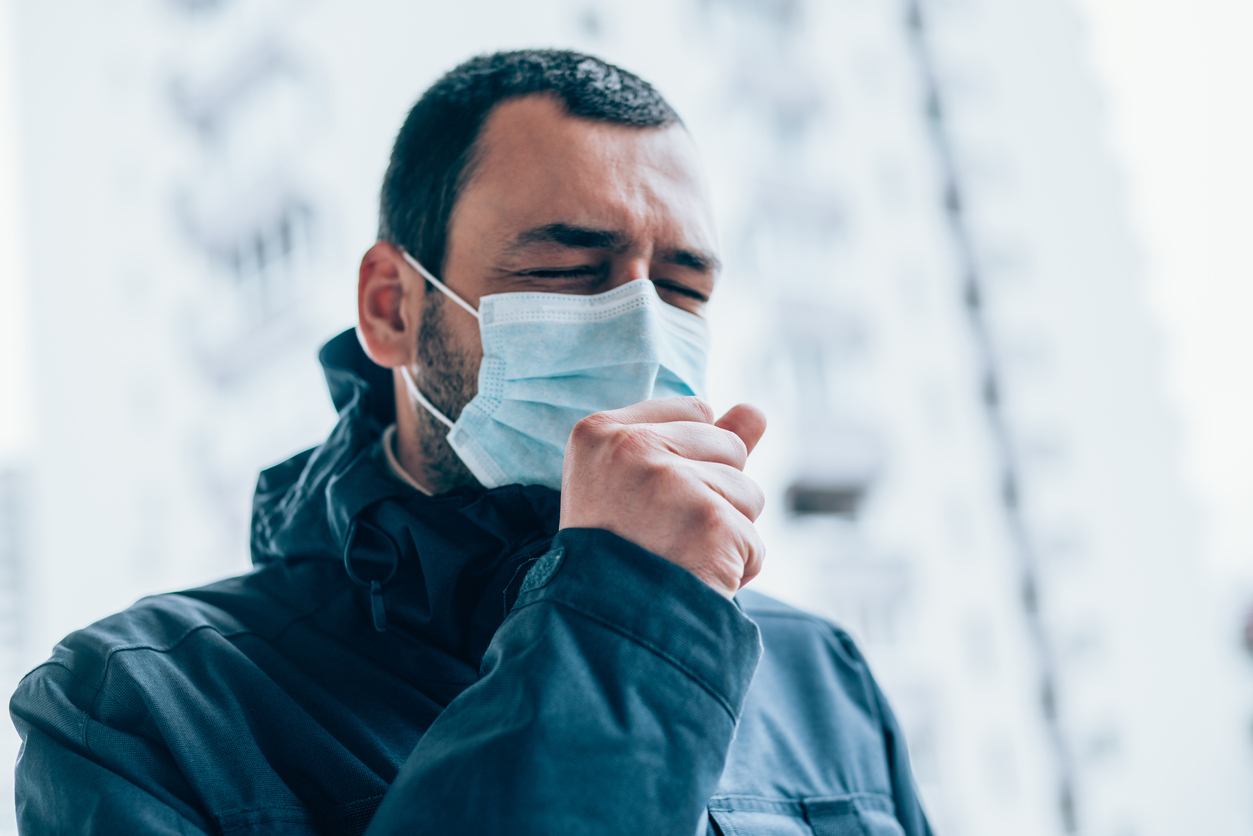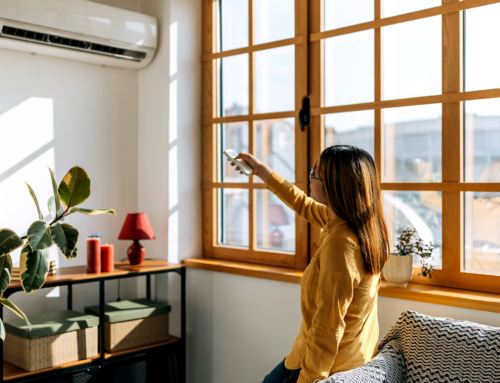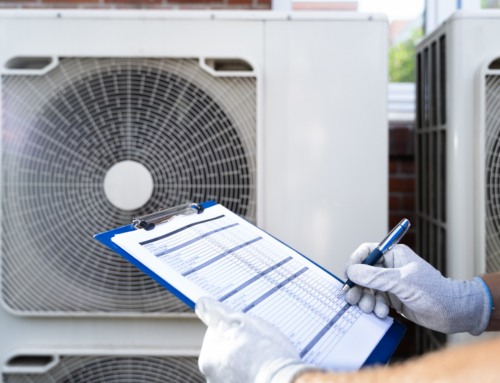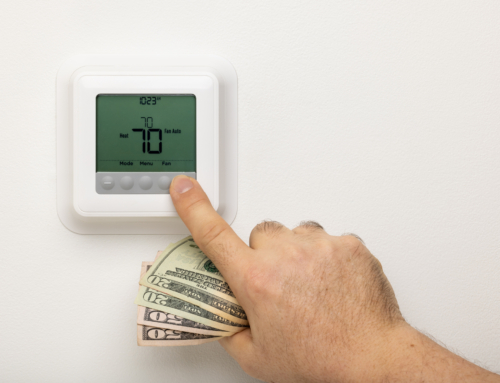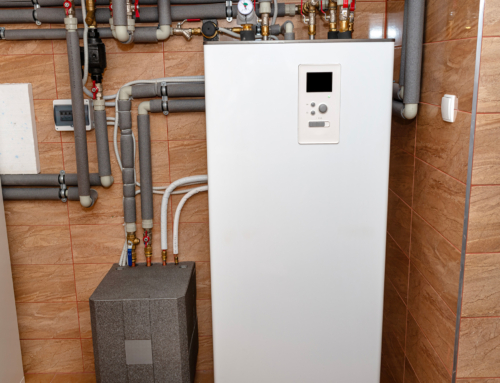How to Improve Indoor Air Quality This Allergy Season
Allergy season is about to heat across most of the U.S., but we are still in the middle of the ongoing coronavirus pandemic. The virus can be particularly concerning for those with seasonal allergies. These conditions can result in a range of similar symptoms, and some people may have trouble deciphering COVID-19 from traditional allergies.
If you or someone you know suffers from seasonal allergies, use these tips to improve the air quality inside your home or office.
Allergies vs. COVID-19
According to the Centers for Disease Control and Prevention, seasonal allergies and COVID-19 can result in similar symptoms, including cough, shortness of breath or difficulty breathing, fatigue headache, sore throat, and a runny nose. Allergies usually lead to itchy or watery eyes, while COVID-19 can lead to fever, chills, nausea, diarrhea, and the loss of taste or smell.
It’s important to be aware of the differences between these conditions. If you believe you have COVID-like symptoms, seek medical care right away. Talk to your doctor about your existing allergies and how they may affect your chances of infection. Be aware of what you are allergic to and how these pollutants affect your overall health.
Currently, there is not enough data in terms of whether having seasonal allergies increases your risk of severe illness due to COVID-19, but the CDC recommends improving indoor air quality as a way of reducing your chances of illness.
Improving Indoor Air Quality
Increasing the quality of the air you breathe at home reduces your chances of respiratory infection. This can also reduce allergy symptoms by limiting your exposure to pollen and other triggers.
- Use an electronic air purification system to remove up to 99.97% of all particles in the air that are greater than 0.3 micrometers in size. Some systems have proven to kill the coronavirus on surfaces in your home, too.
- Keep your home ventilated when cooking, showering or bringing in wood or other possible contaminants. Cooking and showering can release microscopic particles into the air that may aggravate your allergies. Open the windows to increase airflow.
- Wash bedding, blankets, linens and your curtains often to reduce the spread of dust, dirt, and other airborne particles.
- Change your HVAC air filter often, ideally every three weeks to limit the spread of pollen. Use caution when installing the new filter to prevent the spread of COVID-19. You also need to inspect and maintain your HVAC unit on a regular basis. When the windows are closed, this will be your first and last line of defense against dust, dirt and pollen.
- Sign up for a Maintenance Club to have your HVAC system properly maintained. Not only will this extend the life of your equipment, but technicians can also offer suggestions for your home to improve air quality.
Call the professionals at A-1 Guaranteed to have your HVAC system inspected by a professional today. We will make sure your unit is equipped to handle this year’s allergy season as well as the possible spread of the coronavirus. Give yourself some extra peace of mind this fall by improving the air inside your home.

